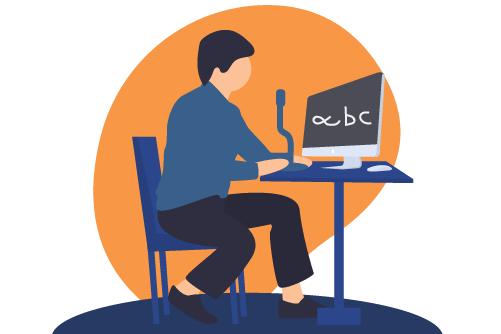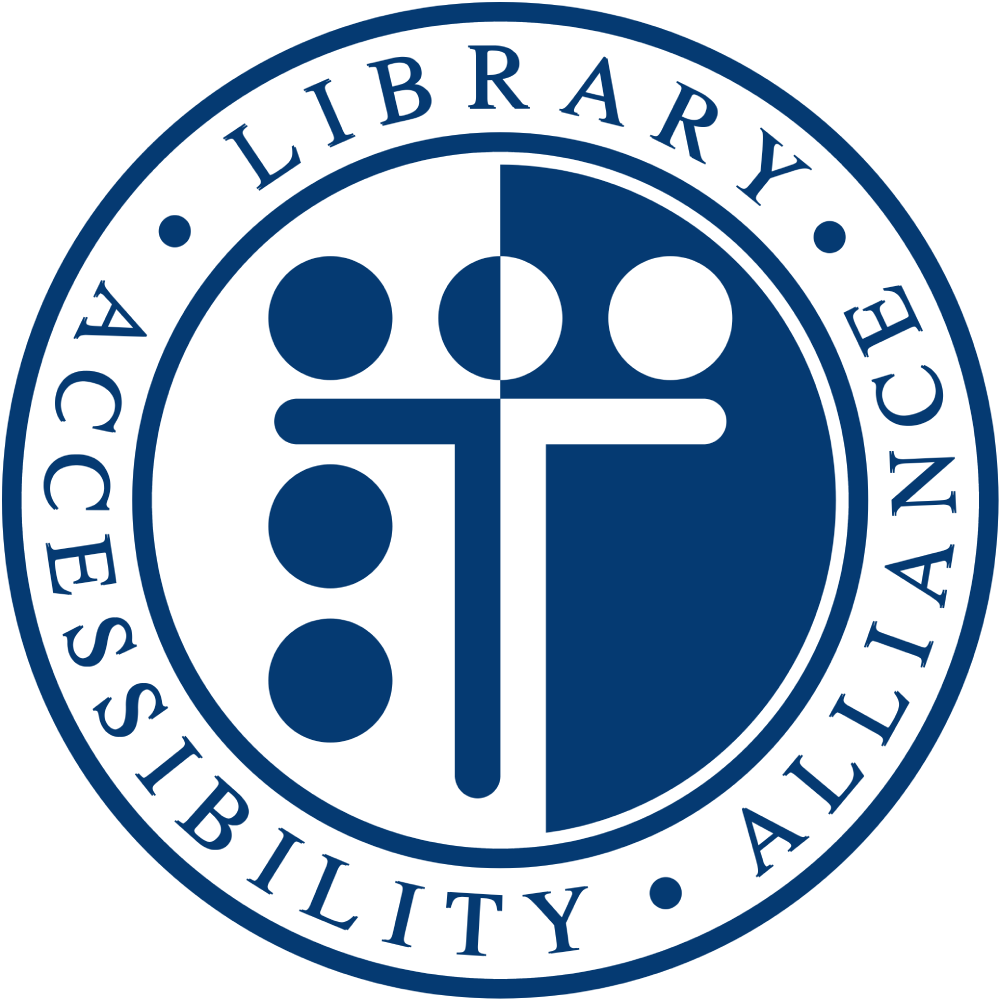
History
The Big Ten Academic Alliance (BTAA) began funding high-level third-party accessibility evaluations for select vendor e-resources in 2017. In 2019, the Association of Research Libraries (ASERL) joined in these and other library accessibility efforts, becoming the Library Accessibility Alliance (LAA). Other members currently include, Greater Western Library Alliance (GWLA), Washington Research Library Consortium (WRLC), Ivy Plus Libraries Confederation (IPLC), Florida Virtual Campus (FLVC), and University System of Maryland and Affiliated Institutions (USMAI).
The LAA selects e-resources based upon recommendations from our member libraries and the platforms that the majority of the consortia own or are considering for purchase.
Method
The LAA contracts with third-party, independent accessibility consulting companies to perform high-level accessibility evaluations based on WCAG 2.1 AA. These tests are not full, comprehensive evaluations. The consulting companies are given a designated number of hours for the evaluations and are intended to identify some, but not all, accessibility issues and barriers. The tests are performed using screen reader software such as JAWS or NVDA.
Deque, Accessiblu, University of Tennessee Knoxville’s User Experience Lab, and Michigan State University's Usability/Accessibility Research and Consulting (UARC) have conducted the evaluations.
The LAA typically selects two vendors a month to test and submits scoping documents (example scoping document) to our consultant companies. The scoping document outlines typical library e-resource tasks a user might perform such as basic and advanced searching, viewing search results, applying filters and refining results, and viewing individual items. The LAA alternates selecting e-resources from four categories: suggested databases, major databases, retests of previous LAA evaluations, and subject-specific/niche databases.
Results
The program provides vendors with a report and the opportunity to improve the accessibility of their products, while giving members of the library community information about the accessibility of specific library e-resources.
All evaluations funded by the LAA are provided to e-resource vendors free of charge. Vendors are invited to submit a response and attend a consultation call with our consultant companies, also at no charge. All e-resource accessibility evaluations and vendor responses are publicly available on the LAA Testing homepage.
 Library Accessibility Alliance
Library Accessibility Alliance